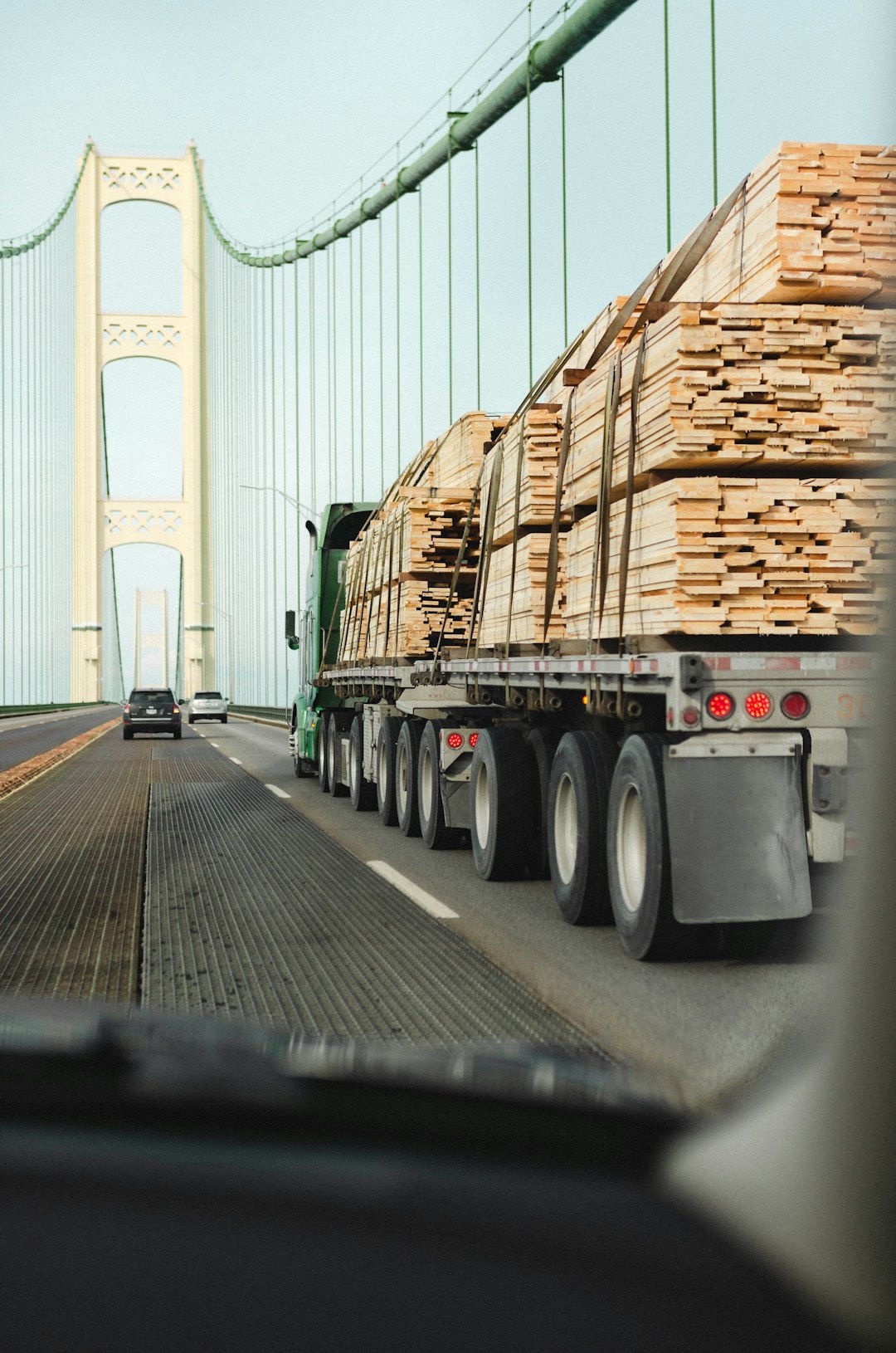
For much of the year, we’ve had supply chain issues. They seem to be evening out a bit, but it’s still far from an ideal situation.
Much of the problem lies in trans…
Keep reading with a 7-day free trial
Subscribe to Tilting At Windmills to keep reading this post and get 7 days of free access to the full post archives.


